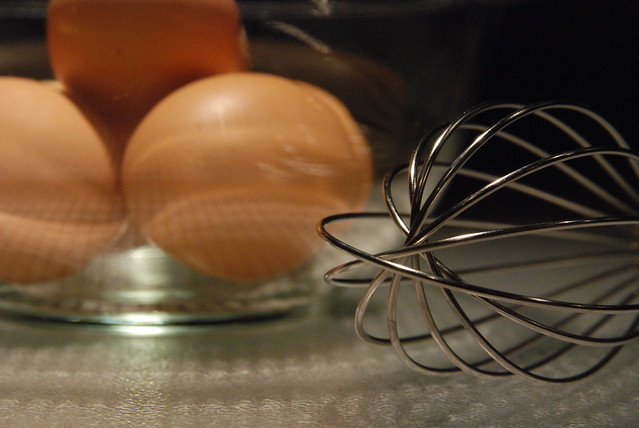Many people who have been out of the workforce for a long spell find that getting back into it is mission impossible. The good news is that the skills that make people employable overlap in a profoundly close way. Skills and strengths such as communication, adaptability, being a good team player and reliability all feed into each other. So it's more realistic to call it mission employable, rather than mission impossible. Here are some straightforward ways to getting that job you want in the UK.
1. Polish up the CV
Think of this document as the first handshake, before your shining, charming personality can win recruiters over. So, better make sure that it's grammatically and syntactically correct, and that the formatting is easy to read. Don't ramble on for more than three pages. And make sure to demonstrate key qualities in real, concrete terms. i.e. ‘sales increased by 72.3% under my supervision'.
A person's longevity in a role, and how punctual they are, are definite draw cards for recruiters. This is one way of measuring a person's integrity, honesty and commitment to the role. It's the first step towards building a trustworthy professional relationship. Job seekers should cultivate this skill and, if they know themselves to be reliable, provide demonstrable examples of this from previous roles on their CV.
3. Be adaptable
This can be defined as being able to cope with uncertainty and changing circumstances. A person who can hit the ground running, with minimal hand-holding, is a definite plus for recruiters and employers.
On the other end of the scale, adaptability doesn't mean working long hours for no overtime pay or being an employer's doormat, there's a subtle difference. A canny idea is to write down concrete examples of adaptability from prior roles or study. Then pull these out of the hat during the interview.
4. Be a team player
A good team member will understand other people's strengths and abilities and help others to do their job in a fair and amiable way. When a group of people achieve cohesion then, like a well-oiled machine, the whole is greater than the sum of its parts. A good way to stand out from the crowd is by demonstrating how well you can work with others, both in high pressure situations and with the different personalities of colleagues all jostling for attention and recognition.
5. Be a confident communicator
The skills of confidence and communication feed into each other very nicely. Training and professional development courses will help job seekers to understand industry-specific jargon and ways to engage with colleagues. Communication skills can assist professionals to mentor others, be good leaders and team members and to work smarter, not harder. Check out the Skola website for courses that fit the bill for career growth.
6. Diversify and deepen your skills
Often, a stumbling block for job seekers happens when a job asks for qualifications that a person simply doesn't have. Instead of getting disheartened by this, consider further study as a way to narrow the knowledge gap and gain skills. Short courses, diplomas and even a degree could be the way to go. Consider an English course for adults; these courses are an invaluable way for job seekers to polish their skills.
Volunteering in the not-for-profit sector offers people with lesser qualifications a real chance to gain practical experience in their chosen field. Employers always smile upon candidates who have pro-actively filled their knowledge gap with volunteer work experience and training.
Useful links
More revealing tips for how to make it in the business world, from the BBC
A recruiter's eye view on employability and what this means for them
The Guardian's Higher Education Network and their advice for graduates and school leavers looking to join the workforce




















_1.jpg)
_2.jpg)




